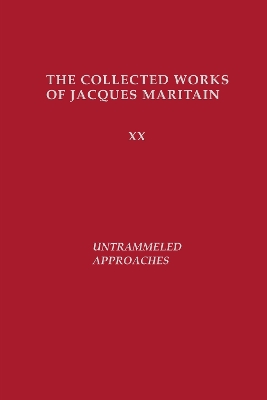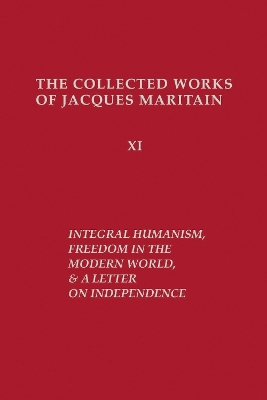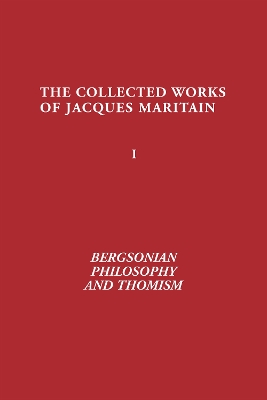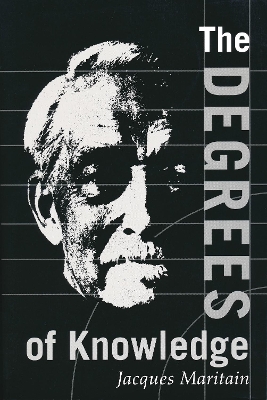Collected Works of Jacques Maritain
4 total works
Integral Humanism, Freedom in the Modern World, and A Letter on Independence, Revised Edition
by Jacques Maritain
Published in 1913 as La Philosophie Bergsonienne, this incisive critique of the thought of Henri Bergson was Jacques Maritain's (1882-1973) first book. In it he shows himself already to have an authoritative grasp of the thought of St. Thomas Aquinas and an uncanny ability to demonstrate its relevance to alternative philosophical systems such as that of Henri Bergson. Volume 1 in the series The Collected Works of Jacques Maritain, this edition faithfully reproduces the 1955 translation published by the Philosophical Library.
It would be difficult to overestimate Bergson's role in extricating French philosophy from the deadening materialism that dominated the Sorbonne. It was that cultural milieu that brought Maritain and his wife Raissa to the brink of suicide. They drew back for two major reasons. First were the lectures of Henri Bergson at the College de France, in which the Maritains found a defense of metaphysics, of the transcendent beyond the material, within which they could find meaning in life. The second reason was their conversion to Catholicism, a move they and many of their contemporaries made after being introduced to Bergson's work.
Soon after his conversion, Jacques Maritain immersed himself in the thought of Thomas Aquinas and was struck by the comparative weaknesses of Bergson. This book is Maritain's relentless criticism of the philosophy of the man whose lectures had meant so much to him. Its ferocity marks it as a young man's book, written in part to exorcize the defects of Bergson's philosophy as they were understood by one now schooled in Thomism. Twenty-five years later, Maritain, while not retracting his criticisms, regretted their intemperance and, as a result, moderated his assessment of Bergson in a long preface to the second edition. In it, we find a philosopher who mastered his craft and a critic of rare perception and refinement.



